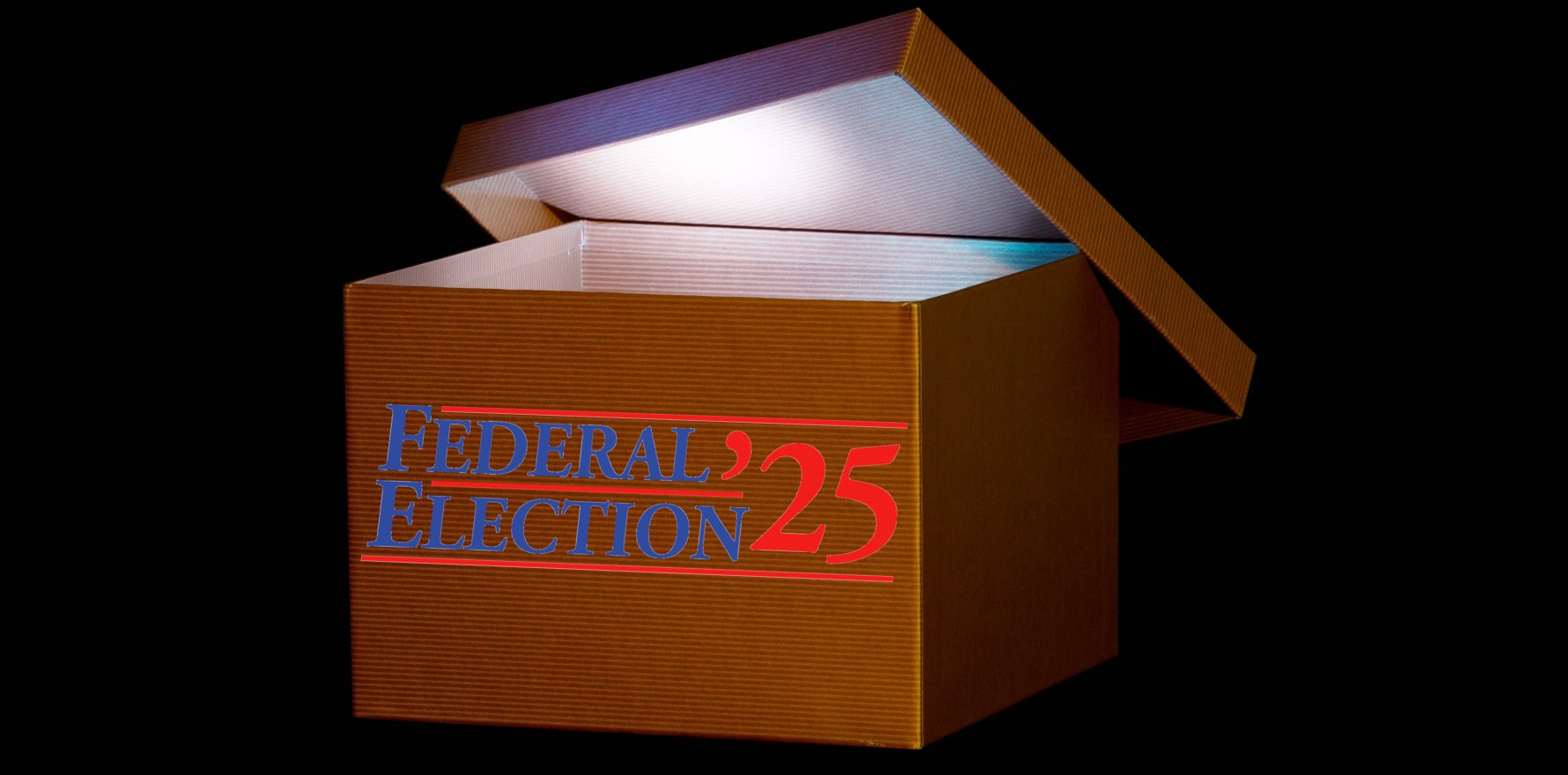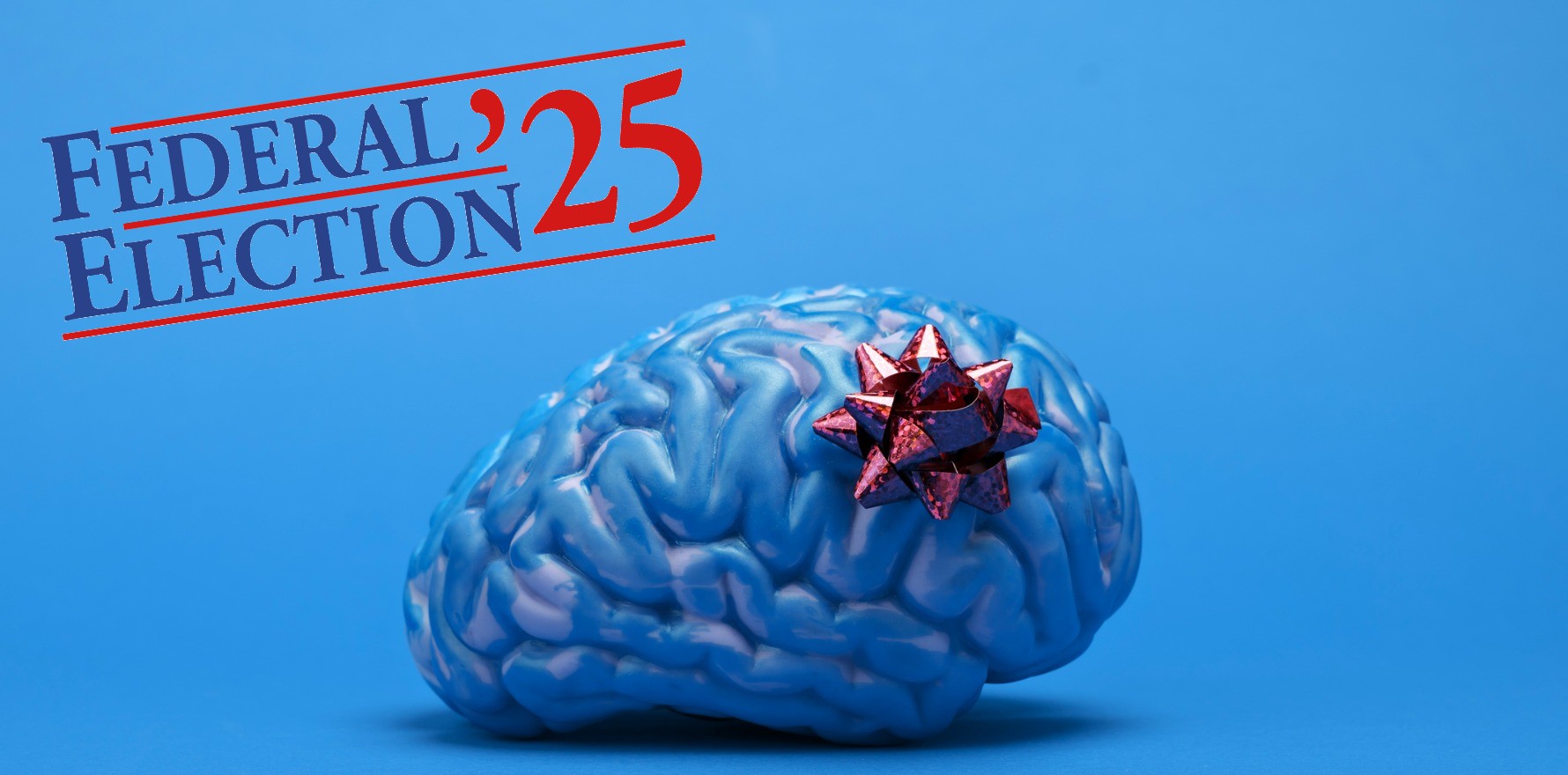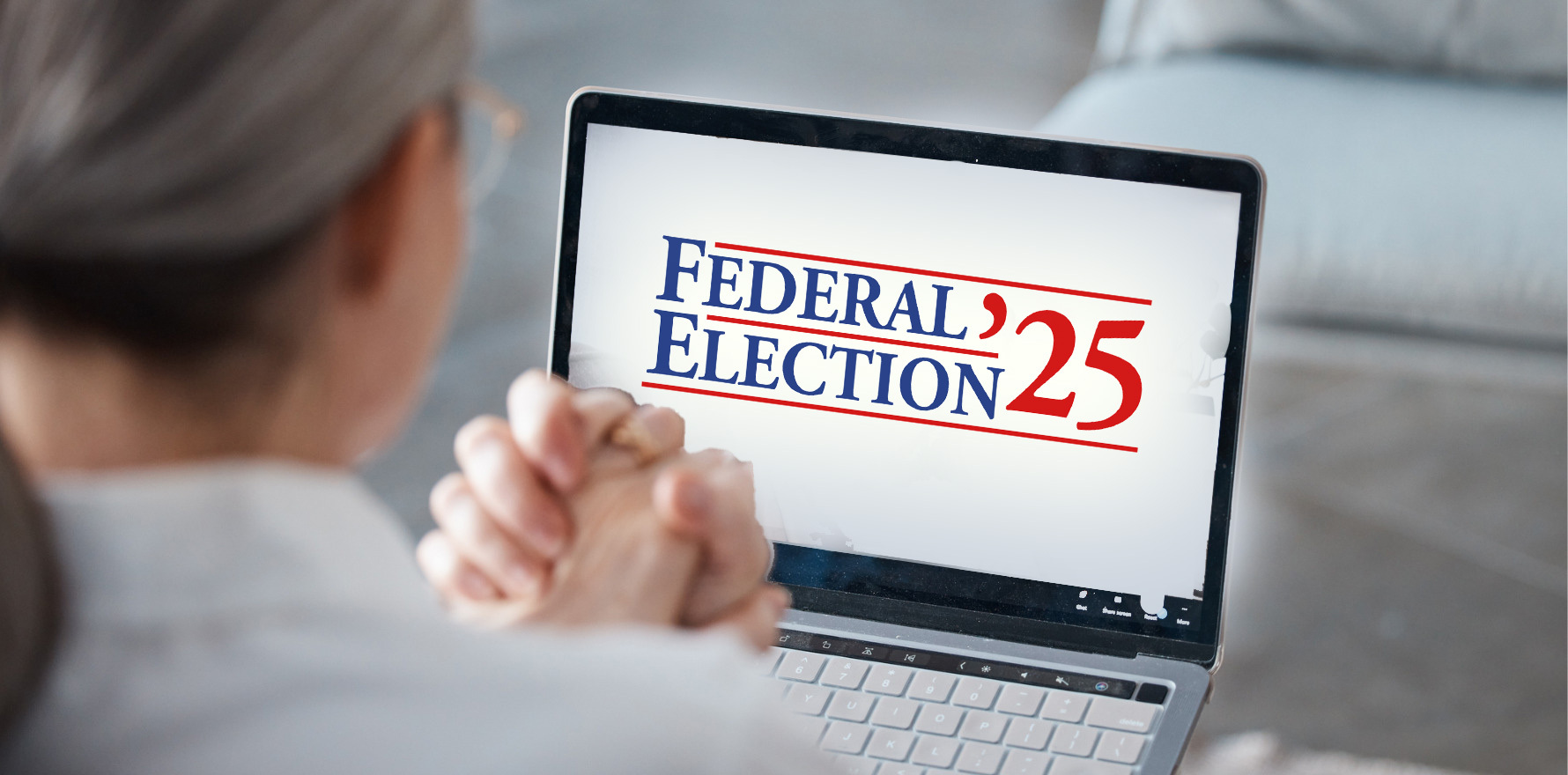GPs do more mental health consults than any other clinician. Why are they consistently left out of high-level mental health and suicide prevention strategies?
General practitioners are expected to be the first line of defence when it comes to managing mental health concerns but tend to get overlooked when it comes to discussions about mental health workforce, funding and strategy.
The AMA would like to see that change.
In its submission to the Productivity Commission’s review of the National Mental Health and Suicide Prevention Agreement – i.e. the agreements which cover state and Commonwealth mental health funding arrangements – the association argued that GPs have been consistently overlooked on a strategy level.
“The AMA acknowledges the release of the national suicide prevention strategy,” the submission read.
“In our submission to the National Suicide Prevention Office on the draft strategy, we urged the government to reprioritise the enablers of the strategy and prioritise training and support for psychiatrists and GPs.
“This was not reflected in the final strategy.”
While the national suicide prevention strategy is technically separate to the mental health and suicide prevention agreement, the strategy was built off the agreement.
According to the AMA, GPs see more mental health consultations per year than any other specialty or professional, and are often the only available health professional in rural and remote parts of the country.
“We need a clear articulation of the whole workforce involved in mental health care, and particularly the strong role that general practice plays,” AMA president Dr Danielle McMullen told The Medical Republic.
“It is deeply frustrating to GPs, including me, every time someone talks about the mental health workforce and talks about psychiatrists and psychologists and peer workers and social workers and leaves out general practice, when we know the data shows we provide a significant proportion of mental health care.”
Related
Some GP mental health items net a lower rebate per minute than equivalent time-based consults and have previously not qualified for the tripled bulk-billing incentive rate.
A GP mental health treatment plan review, for instance, carries a rebate of $81.70 while its equivalent time-based consult, a Level C, is rebated at $82.90 or around $100 if the bulk billing incentive is applied under the current rules.
“It is inexcusable that the rebate for our [mental health items] is significantly less than equivalent physical health and chronic disease items, and we have expressed that ad nauseam,” Dr McMullen said.
The AMA productivity submission called for governments to reverse the “successive underfunding” of general practice to ensure that GPs remained accessible for people with mental health concerns and complex care requirements.
The Productivity Commission final report is not expected until October of this year.





